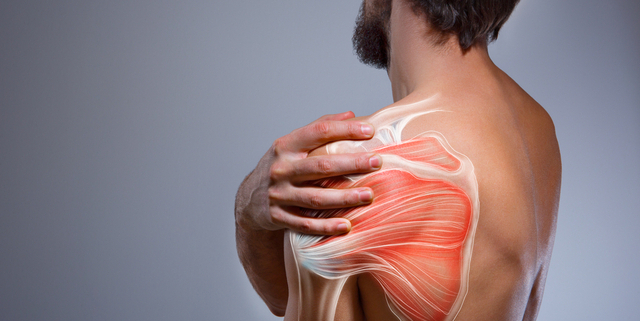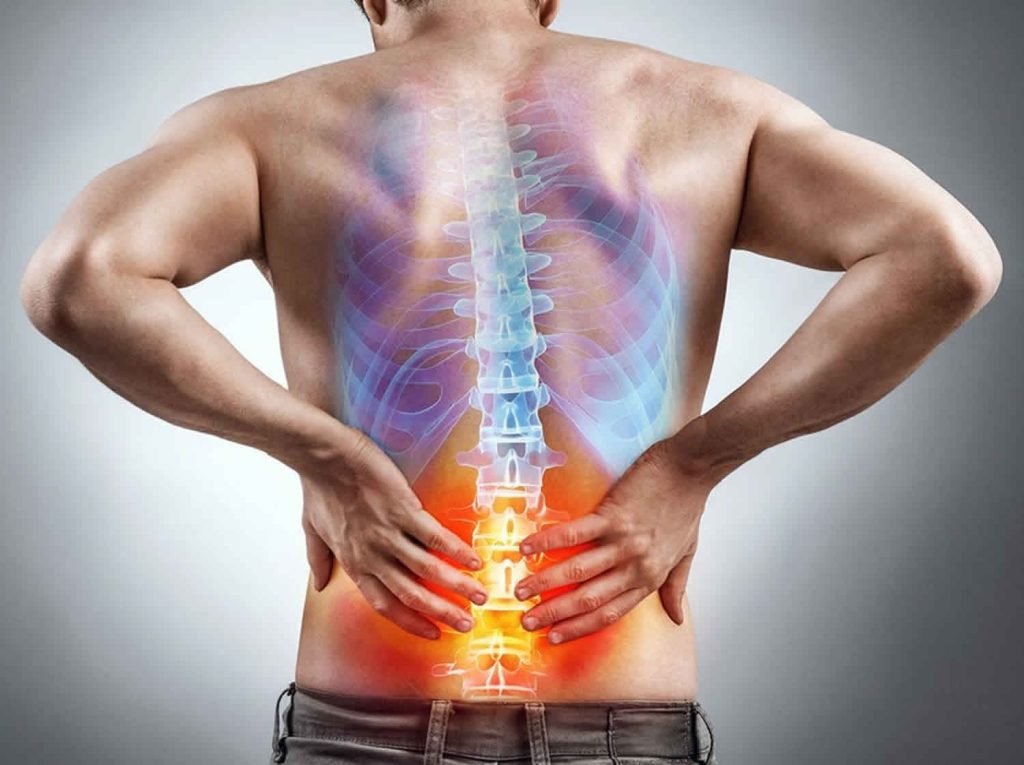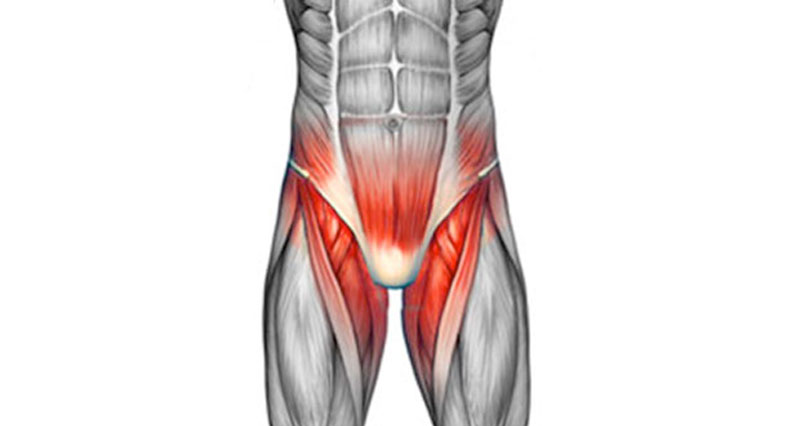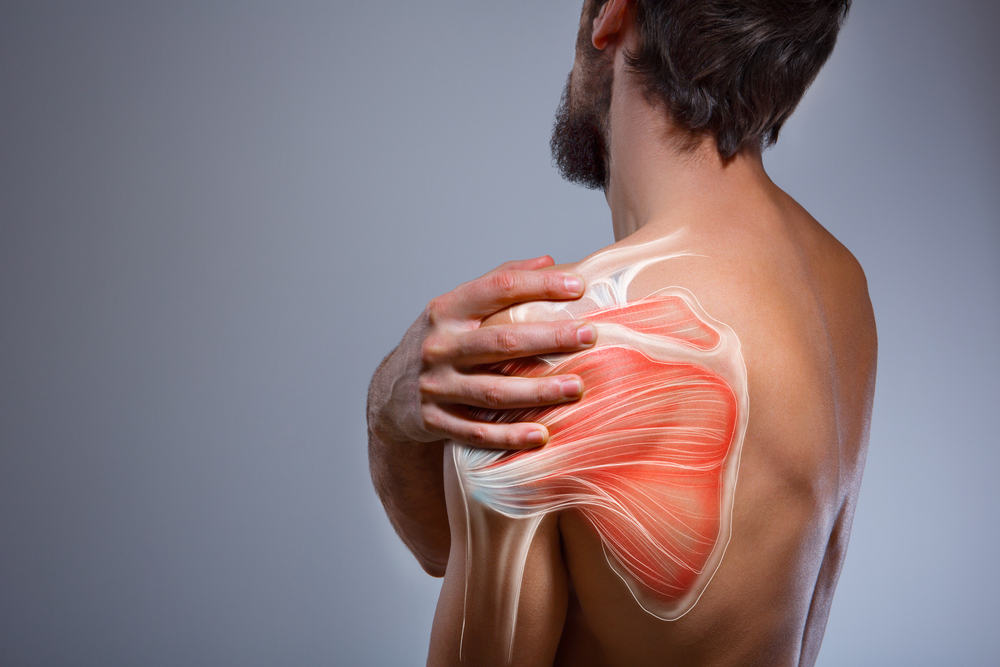Rotator Cuff Injury Conditions: Understanding and Treating at Smile Again Physiotherapy Clinic
Overview of Rotator Cuff Injuries:
The rotator cuff is a group of muscles and tendons in the shoulder that play a crucial role in stabilizing and providing movement to the joint. Injuries to the rotator cuff are common and can range from mild inflammation to severe tears. These injuries often result from overuse, repetitive motion, trauma, or degenerative changes over time.

Conditions Managed at Smile Again Physiotherapy Clinic:
- Rotator Cuff Tendinitis:
- Description: Inflammation of the tendons in the rotator cuff.
- Symptoms: Pain, especially during overhead movements, and tenderness in the shoulder.
- Rotator Cuff Impingement:
- Description: Compression of the rotator cuff tendons between the acromion (part of the shoulder blade) and the humeral head (upper arm bone).
- Symptoms: Pain, particularly when raising the arm or reaching overhead.
- Rotator Cuff Tear:
- Description: Partial or complete tearing of one or more rotator cuff tendons.
- Symptoms: Intense pain, weakness, and limited range of motion.
- Calcific Tendinitis:
- Description: Buildup of calcium deposits in the tendons, leading to inflammation.
- Symptoms: Pain and stiffness, often more severe in the morning.
- Shoulder Bursitis:
- Description: Inflammation of the bursa sac, a fluid-filled sac that cushions the joints.
- Symptoms: Pain, swelling, and limited shoulder movement.
Treatment Approaches at Smile Again Physiotherapy Clinic:
- Physical Therapy:
- Goal: Strengthening the muscles around the shoulder to provide better support and stability.
- Techniques: Specific exercises, stretches, and manual therapy.
- Pain Management:
- Goal: Alleviating pain to improve the patient’s comfort and ability to engage in rehabilitation.
- Approaches: Heat or cold therapy, ultrasound, and other modalities.
- Range of Motion Exercises:
- Goal: Gradual restoration of normal shoulder movement.
- Exercises: Passive and active range of motion exercises tailored to the individual’s condition.
- Modalities for Inflammation:
- Goal: Reducing inflammation to promote healing.
- Modalities: Ice therapy, ultrasound, and other anti-inflammatory techniques.
- Home Exercise Programs:
- Goal: Empowering patients with exercises they can perform at home to complement in-clinic treatments.
- Guidance: Clear instructions and ongoing support.
- Education and Lifestyle Modification:
- Goal: Equipping patients with knowledge about their condition and strategies to prevent further injury.
- Components: Ergonomic advice, postural education, and activity modification.
- Gradual Return to Activities:
- Goal: Facilitating a safe return to daily activities and sports.
- Progression: Gradual reintroduction of activities based on the individual’s progress.
Individualized Care at Smile Again Physiotherapy Clinic:
At Smile Again Physiotherapy Clinic, we prioritize personalized care. Each patient’s treatment plan is tailored to their specific condition, considering factors like the severity of the injury, overall health, and lifestyle. Our experienced physiotherapists are dedicated to helping individuals with rotator cuff injuries regain strength, mobility, and, most importantly, a pain-free and active life. If you’re experiencing shoulder discomfort, contact us for a comprehensive assessment and a customized treatment plan designed to bring back your smile of well-being.



